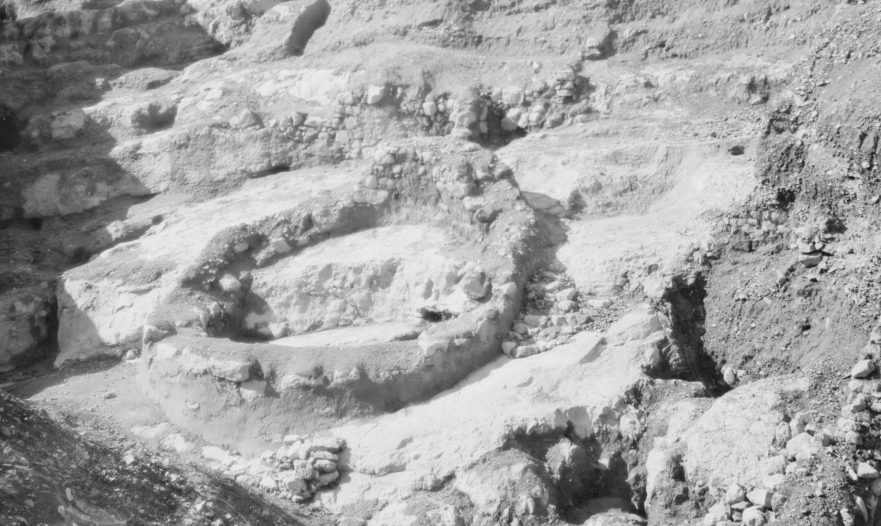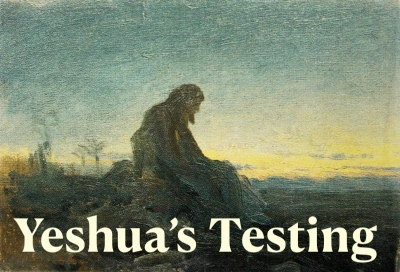Jesus’ Preserving and Destroying saying may play off two different senses of the noun נֶפֶשׁ (nefesh, “soul”).
Lesson of Lot’s Wife

Lot’s wife serves as a warning that overattachment to possessions can come at the cost of one’s life.
Days of the Son of Man
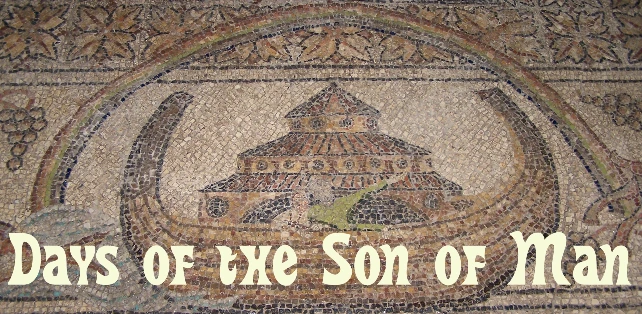
In Jesus’ saying, the Son of Man does not function as the agent of destruction, any more than Noah did in the time of the flood or Lot did in the last days of Sodom and Gomorrah.
Sign-Seeking Generation
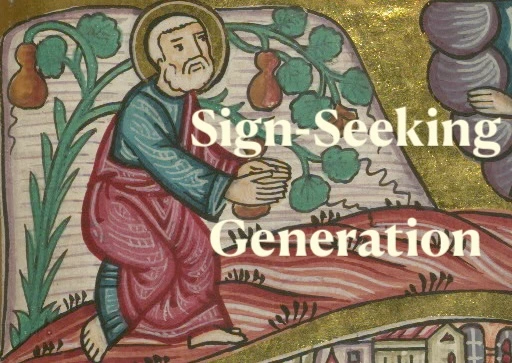
What was “the sign of Jonah”? This LOY segment offers a new and surprising answer.
Innocent Blood
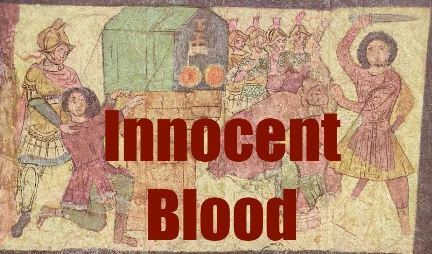
How well-read was Jesus? The LOY segment entitled Innocent Blood probes the possibility that Jesus read and quoted a no-longer-extant Second Temple-period Jewish literary work that warned against violent religious extremism.
Generations That Repented Long Ago
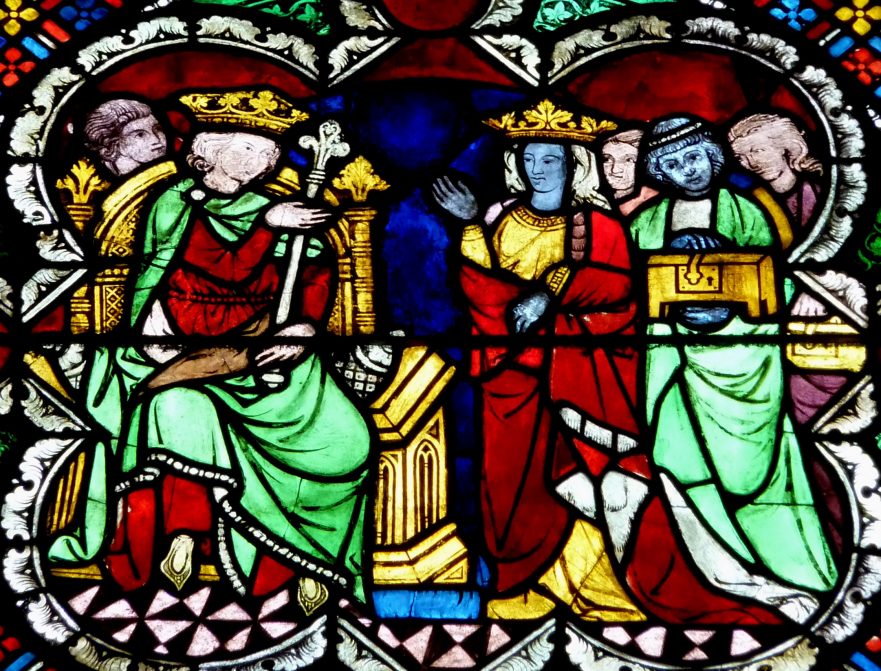
Did Jesus condemn his contemporaries for failing to recognize him as the Messiah or for something more insidious?
Woes on Three Villages
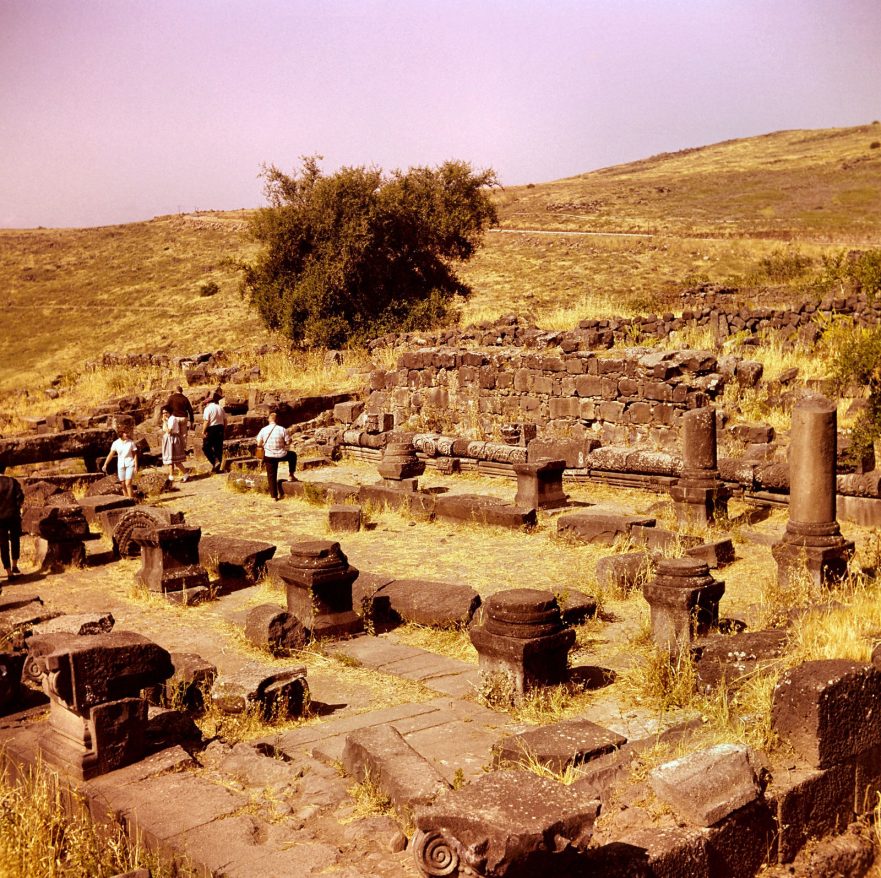
The Woes on Three Villages express Jesus’ sorrow that Chorazin, Bethsaida and Capernaum had not responded to his warning not to get sucked into the black hole of violent religious nationalism.
LOY Excursus: Sources of the “Strings of Pearls” in Luke’s Gospel
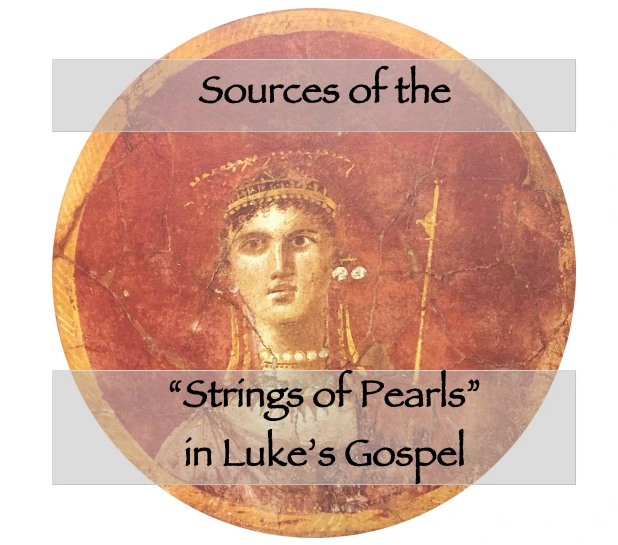
The “strings of pearls” (Luke 8:16-18; 9:23-27; 16:16-18; 17:1-6) offer an example of the outsized influence of the First Reconstruction on the synoptic tradition.


